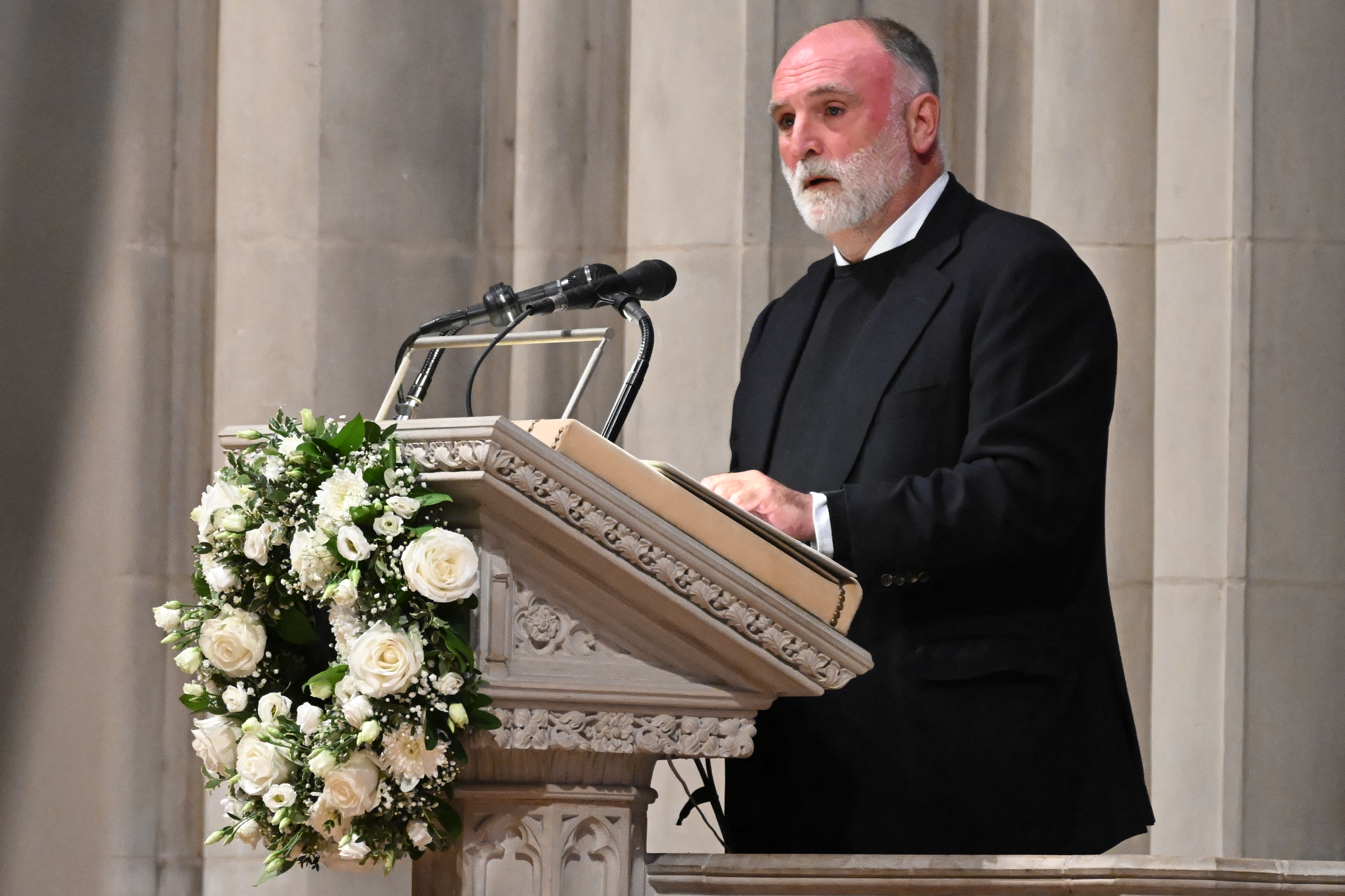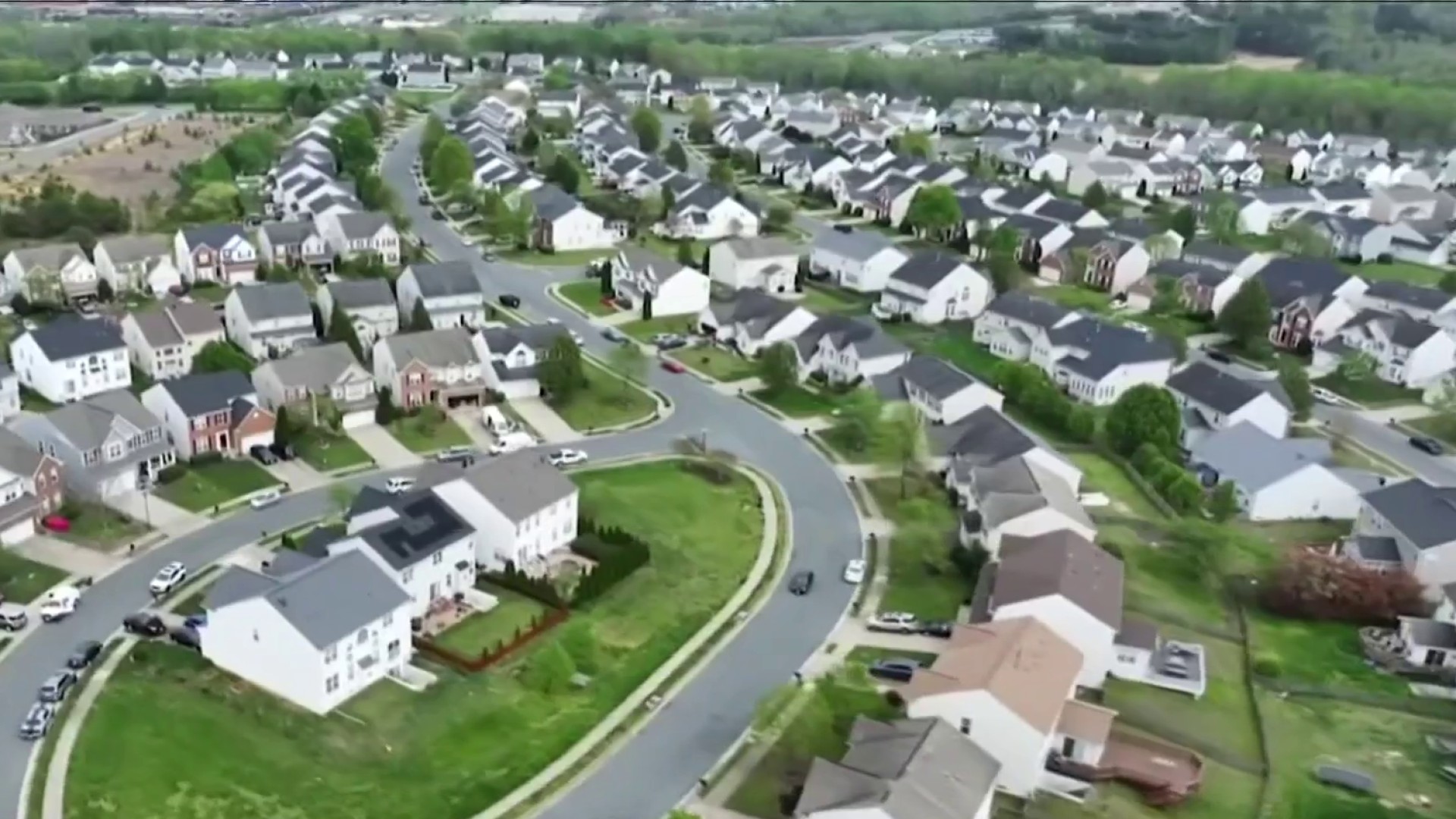As youth violence continues to plague D.C., a program aimed at keeping kids in school and out of trouble is having some success.
D.C.'s Office of Neighborhood Safety and Engagement began its Leadership Academy (OLA) in the fall of 2019 in partnership with Anacostia High School.
“It's all about connecting with our youth, some that have challenges that come from some difficult backgrounds," said Delano Hunter, the interim director of the D.C. Office of Neighborhood Safety and Engagement. "The best form of intervention is prevention."
Students are selected for the program based on their attendance, behavior and challenges to their academic progress.
We're making it easier for you to find stories that matter with our new newsletter — The 4Front. Sign up here and get news that is important for you to your inbox.
So far, more than 200 students have participated in the program, which matches each student with a mentor.
Eleventh-grade student Rosemary Dixon and her mentor, Darryl Logan, have formed a meaningful relationship through the program.
“Knowing you have somebody, it's just good to know that. I can call him up and tell him about stuff, and he’ll listen," Dixon said.
Local
Washington, D.C., Maryland and Virginia local news, events and information
“[You can] express things that you may not want to tell your parent, or you may not feel like you can talk at home, and you can have somebody to do that with. I think that changes the ball game for a lot of these kids," Logan said.
This past year, the academy began including middle school students from Paul Public Charter School in Northwest.
“Stuff is going good for my life now," eighth-grade student Dwayne Coleman said. "They teach us how to be mature. It makes me feel great because, like, they really love us, they do love us and ... they really care about us.”
Over the past three years, the academic performance and attendance of the students in the program has improved, while the number of behavioral incidents went down.
"It makes me feel good, but there's lot more work to be done, though. So it never ends," mentor Richard Jarvis said.



